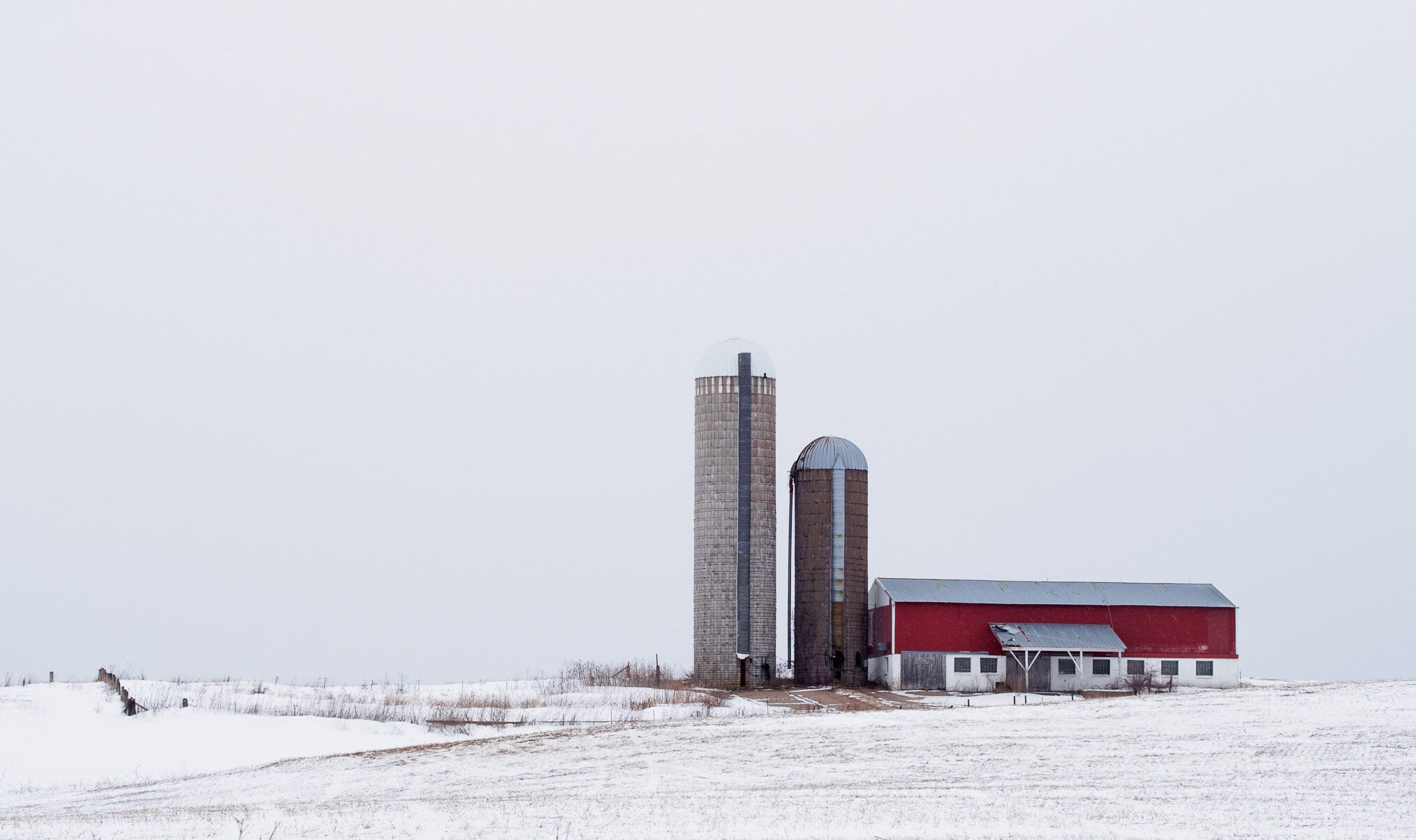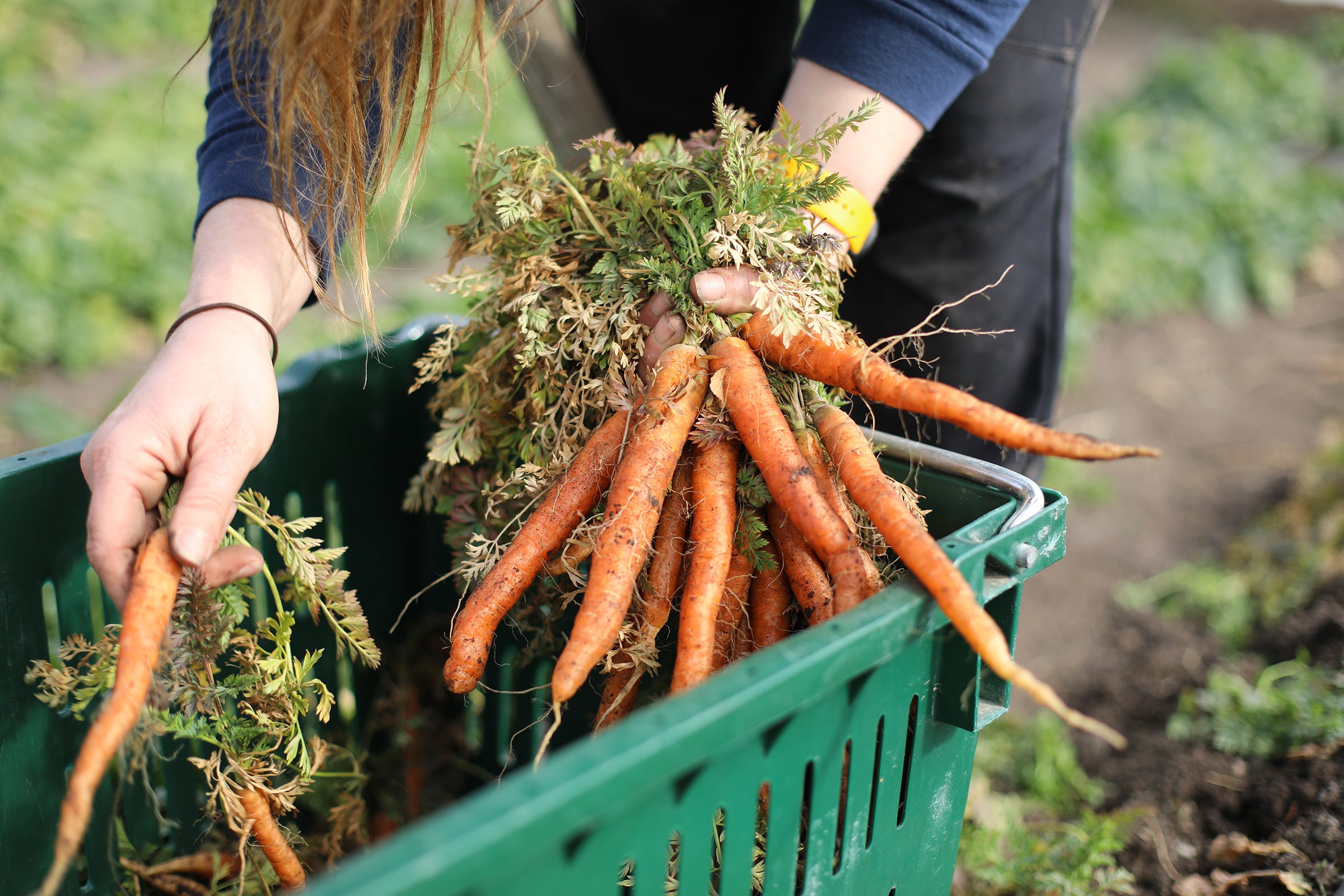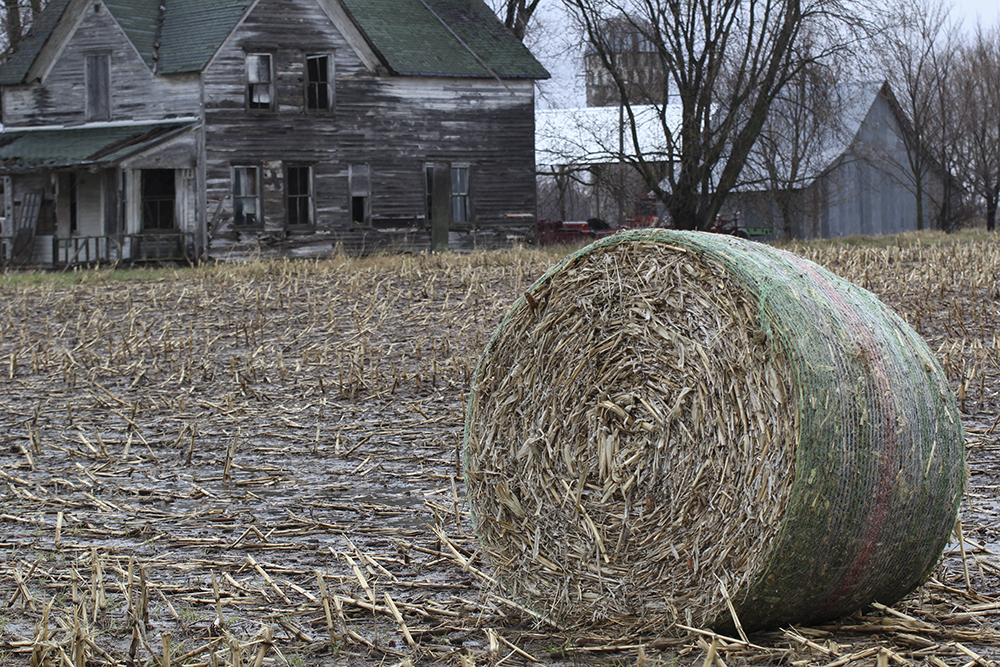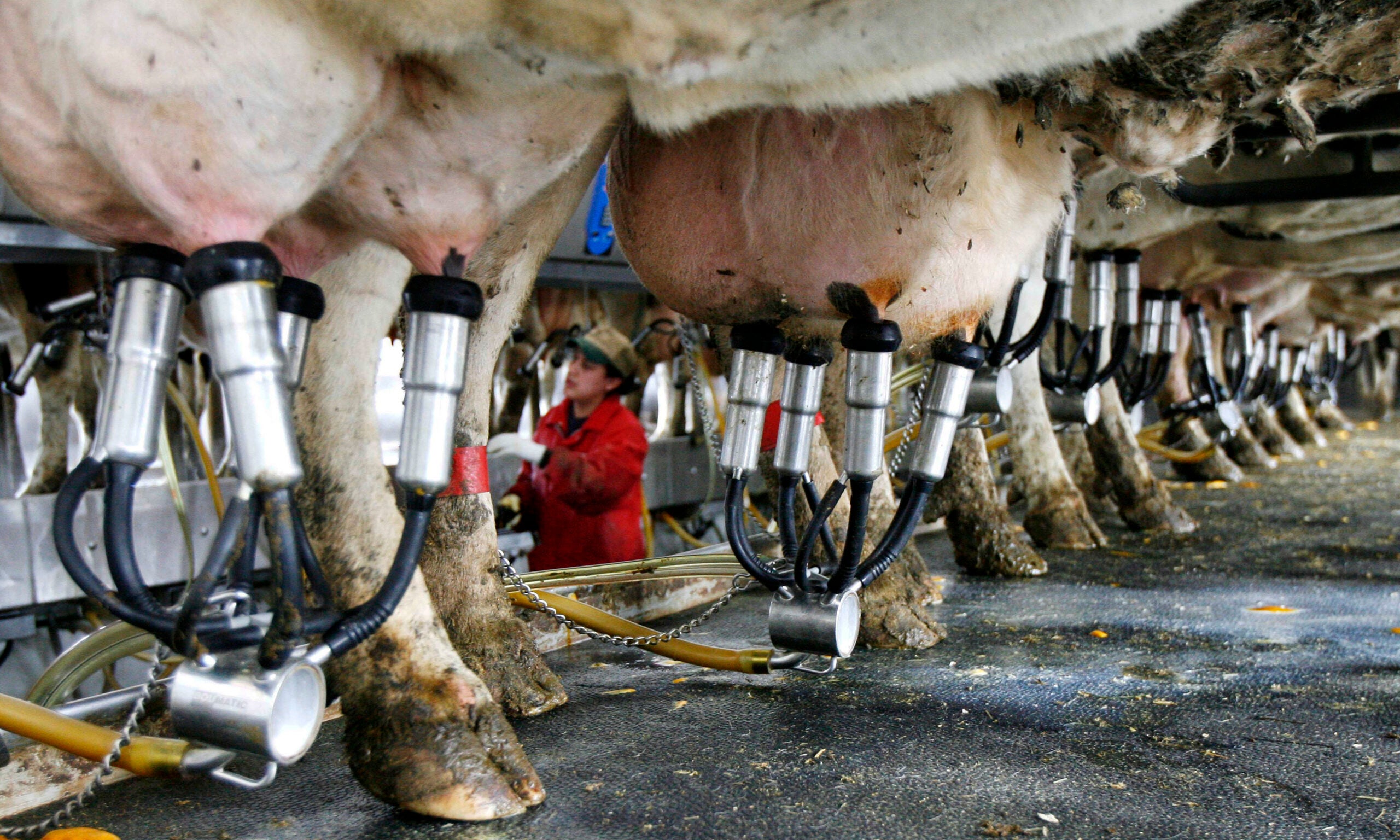Gov. Tony Evers says his next state budget will include $43 million aimed at supporting Wisconsin’s agriculture industry.
Evers announced the budget proposals Friday. The Democratic governor will submit his full budget to the Republican-controlled Legislature on Feb. 16, which will take the next several months rewriting it before passing their version sometime in the summer.
The plan includes funding for a wide variety of programs aimed at boosting farm exports, supporting local conservation efforts and expanding access to mental health resources for farm families.
Stay informed on the latest news
Sign up for WPR’s email newsletter.
Evers’ plan would invest $20 million in helping connect Wisconsin food banks and pantries to producers in the state.
The proposal also includes a “three-pronged plan” to bolster local meat processing in the state.
When large meat packing plants were forced to reduce capacity or shut down last spring because of the coronavirus pandemic, many consumers turned to local processors for their meat products. That demand continued throughout 2020 and into 2021, and many processors are struggling to keep up.
“The pandemic really exposed a lot of the vulnerabilities in our food system but especially meat processing,” said Nick Levendofsky, government relations director for the Wisconsin Farmers Union. “We’re well into a year of that happening and seeing the challenges that meat processors and even livestock producers have dealt with.”
Levendofsky said support for local meat processors was at the top of his organization’s list of budget priorities this year.
The governor’s proposal would create a Meat Processor Grant program to help existing processors expand their capacity and create a Meat Talent Development program to expand the industry’s workforce. It would also add several food inspection positions at the state Department of Agriculture, Trade and Consumer Protection to keep up with growth in the industry.
Karen Gefvert, executive director of government relations for the Wisconsin Farm Bureau, said her organization is also pleased with Evers’ proposal, calling it a “great start” to the budget process.
She said Farm Bureau members were also looking for an investment in local meat processing, along with continued support for the state’s Producer-Led Watershed Grants, which provide funding for farmers to implement their own water conservation projects.
“That’s a great program that really gets farmers to work together with other farmers and come up with creative identification of issues in watersheds and creative solutions to those,” Gefvert said. “And it really brings an interesting mix of stakeholders to the table and we’ve seen a great amount of success with that.”
She said the Farm Bureau was also happy to see funding for expanded mental health resources for rural communities and for additional University of Wisconsin-Extension specialists.
“Those are specialists who do actual ag-applied research for the benefit of on-farm practices. So that is a great thing to see,” Gefvert said.
- Creating a new Regional Farmer Mental Health program to improve access to local mental health services.
- New funding for counties to support three conservation staff members per county
- Increasing funding for the state’s Producer-Led Watershed Grant program and creating new grants for third parties helping farmers with water stewardship projects.
- Creating a Small Farm Diversity Grant program that would provide funding for producers adding new products, expanding production or starting a new farm.
Wisconsin Public Radio, © Copyright 2025, Board of Regents of the University of Wisconsin System and Wisconsin Educational Communications Board.




